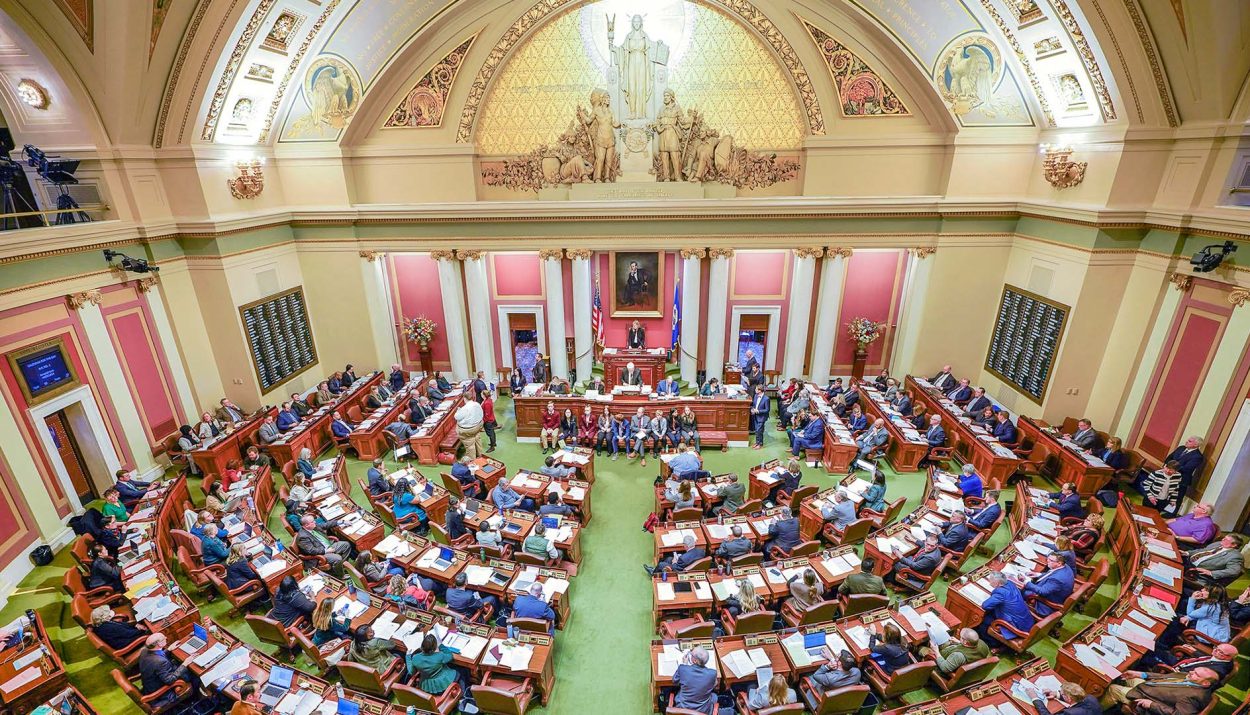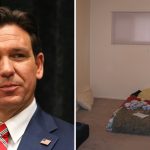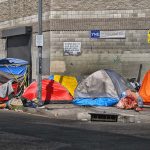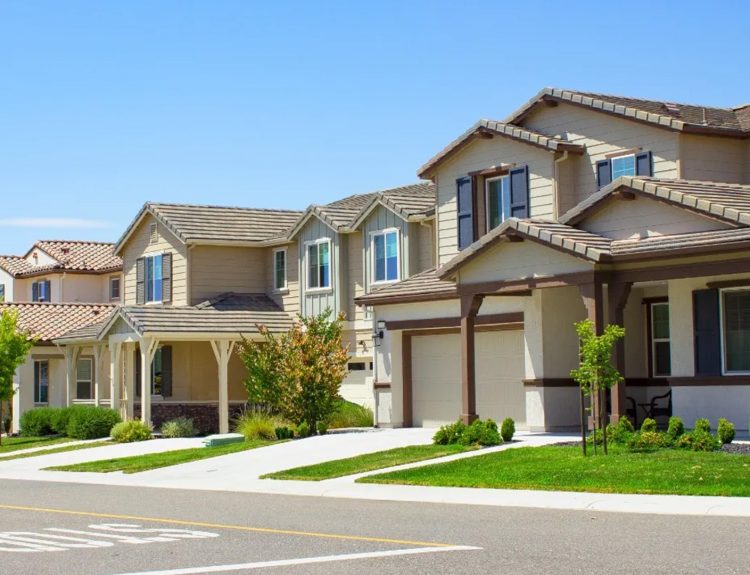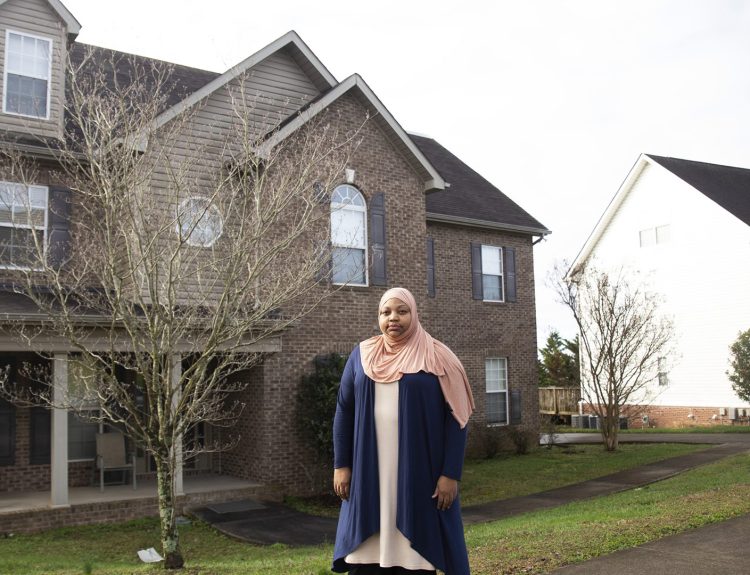Minnesota Democrats are putting together a plan to help combat poverty in the North Star State – and it could mean sending undocumented migrants $500 monthly payments for up to two years. Republicans aren’t impressed, but the bill is currently making its way through the House – here’s what you need to know!
What Is HF2666?
HF2666 is a new bill sponsored by Minnesota Rep. Athena Hollins (DFL-St. Paul). It was introduced on March 8 and approved by the House Children and Families Finance and Policy Committee four days later.
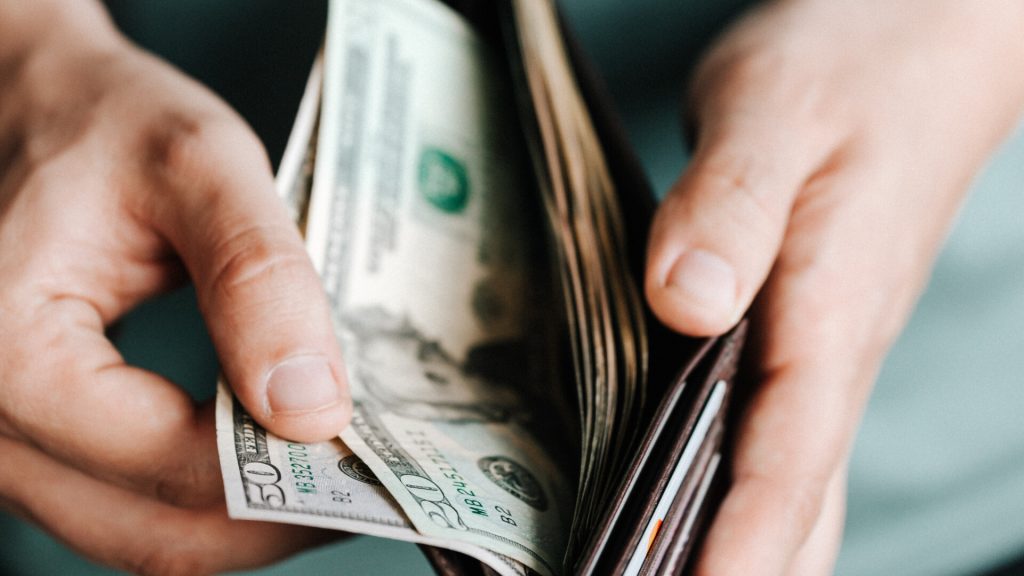
If passed, the bill would establish a basic income program in Minnesota that would provide direct cash payments of at least $500 per month for 18 to 24 months to eligible recipients – sort of like the COVID-19 stimulus but in smaller, monthly payments.
Who Would Be Eligible If Passed?
According to Hollins, the monthly payments will be ‘targeted at Minnesotans receiving public benefits or with an income at or below 300% poverty guidelines’-in line with similar programs in the state and across the United States.
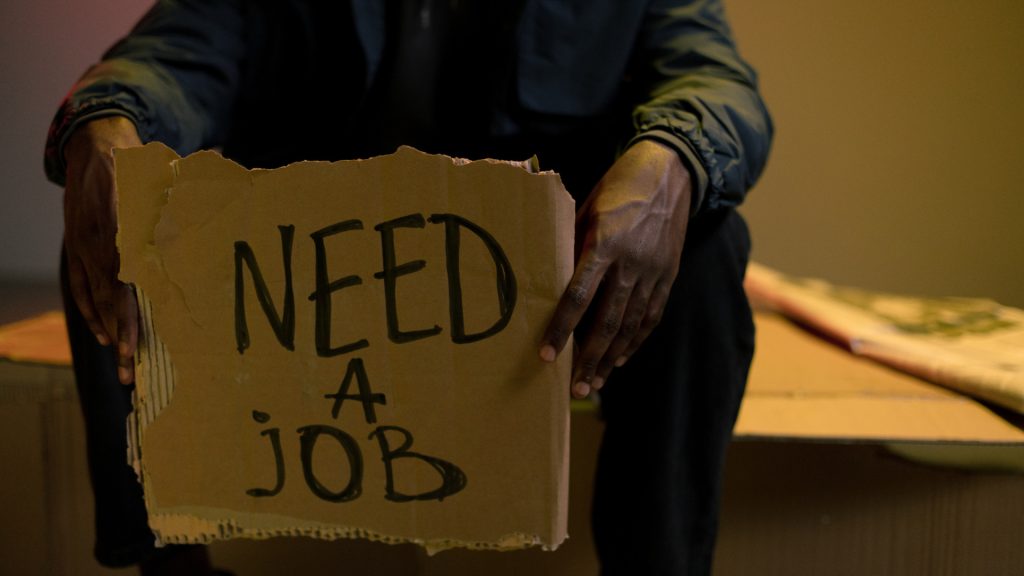
Hollins also described it as a ‘pilot program,’ meaning it’s experimental in nature. She also confirmed that it would be paid for with a one-time $100 million appropriation from the General Fund in fiscal year 2025.
How Would The Program Work?
If passed, the Department of Human Services would award competitive grants to various local and tribal governments – as well as nonprofit organizations – that would create and implement personalized basic income programs across the North Star State.

In an effort to analyze the program’s effectiveness, the House panel would select an independent research-based entity to evaluate the program and provide an annual report no later than January 2027.
Hollins Wants To Extend It To Undocumented Individuals
Hollins says the only way a program like this will work is by including all community members, regardless of their legal status or background. She believes that’s the only way to gain a full understanding of its impact on the community as a whole.
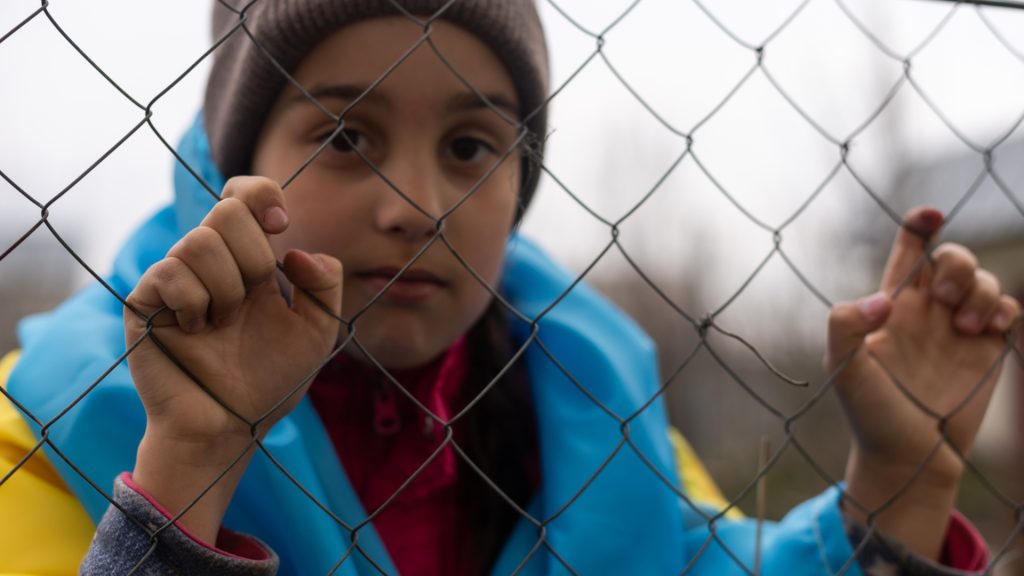
“Those are community members, people who are participating in our communities regardless of their legal status and what their families look like,” Hollins said. “We want to gather data on how this works, and I think part of that is gathering data from people who maybe don’t speak English as a first language; maybe have different experiences, different education levels.”
Rep. Walter Hudson Strongly Disagrees With Concept
While the Democrats welcome the idea of a basic income program, Republicans are having a hard time understanding the hype-including one of the bill’s loudest critics, Rep. Walter Hudson (R-Albertville), who outlined a variety of concerns.
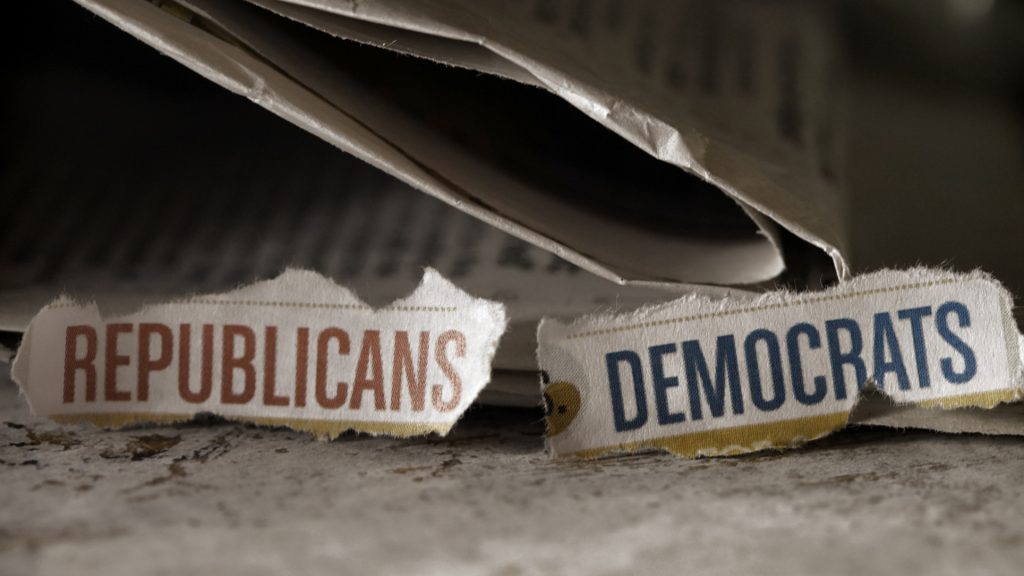
“This program very explicitly would provide support to illegal immigrants or persons claiming to be someone other than they actually are,” Hudson said. “We’re not even going to question that, there’s not going to be any documentation whatsoever.”
Hudson Worried About Fraudulent Cases
In an email to Newsweek, Hudson made it clear that he doesn’t agree with the premise or methodology behind this bill. In fact, he described the idea of illegal immigrants being paid a basic income as ‘nothing short of legislative malfeasance.’
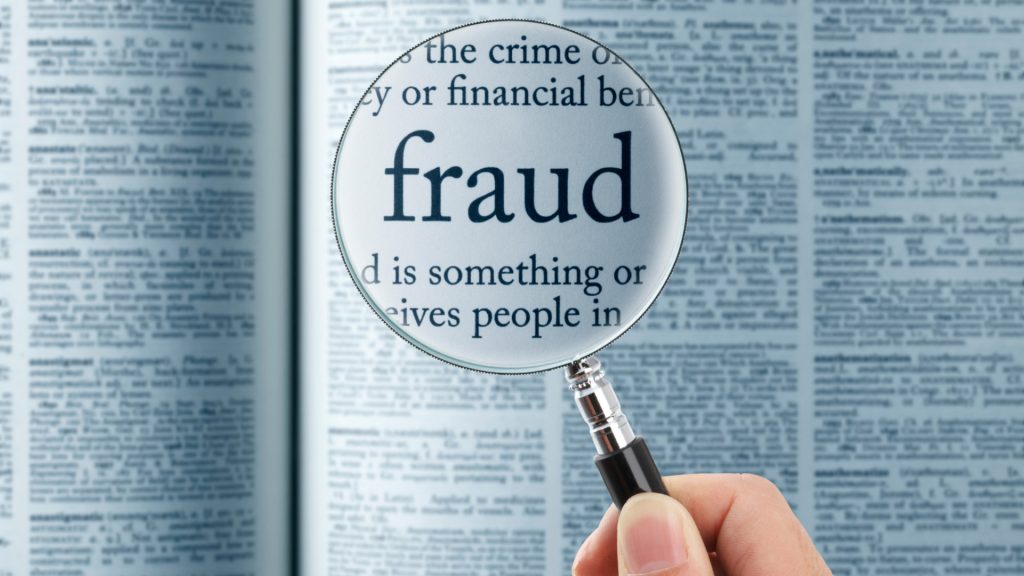
“We have seen hundreds of millions of dollars in fraud resulting from similar state agency grant schemes in recent years. This bill seems tailor-made to enable fraud and even preclude prosecution for fraudulent activity under color of law,” Hudson added.
Hudson Proposes Negative Income Tax
Walter Hudson went on to propose an alternative – a negative income tax. He argued that it would, in theory, subsidize those in economic need without eliminating incentives to work, encouraging fraud, or wasting public funds.

For those who don’t know, a negative income tax is essentially the opposite of the standard income tax. Instead of people paying the government, residents living in poverty receive money from the government to help redistribute the wealth.
Hollins Continues To Defend The Bill
Hollins went on to double down on her belief that all individuals, regardless of legal status, should be included in the bill – if eligible, of course. Her goal is to be ‘as holistic as possible,’ which requires a commitment to include everyone.

“There are communities that are relying on these people to provide services within those communities,” she said. “For us to turn a blind eye to that and say it doesn’t apply is just not realistic, especially when we’re trying to curb things like crime, poverty, people relying on less-than-ideal ways of obtaining money.”
Rep. Carlie Kotyza-Witthuhn Supports Hollins
Hollins wasn’t alone in her defense. Rep. Carlie Kotyza-Witthuhn (DFL-Twin Cities) was vocal in her support of the bill – including her support that residents be encouraged to use the money as they wish (with no strings attached).
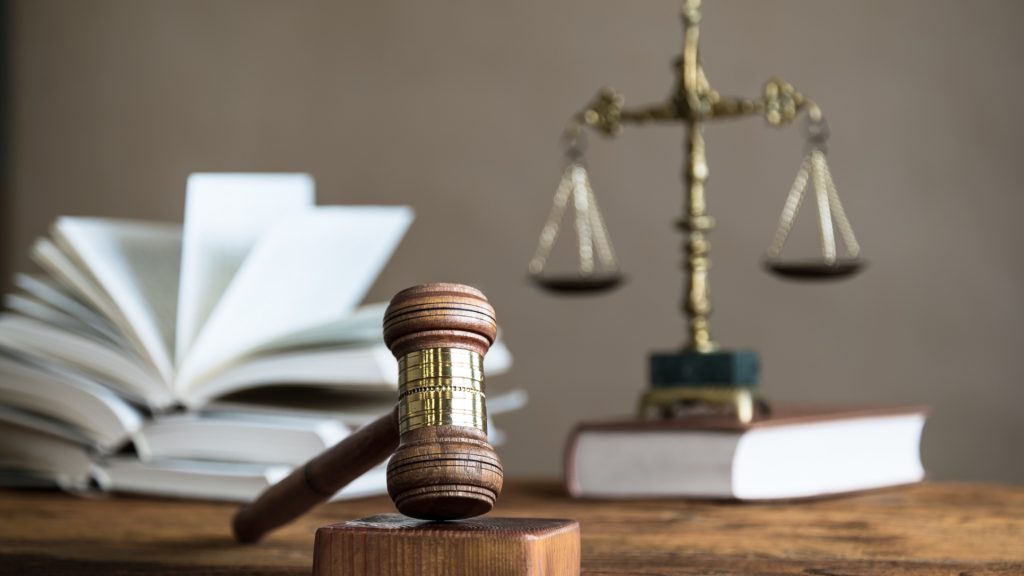
“We earn $5.8 billion dollars off the backs of undocumented immigrants in the state of Minnesota. They are paying taxes, and we should be supporting them as a member of our community,” Kotyza-Witthuhn said.
St. Paul Tested This Program Out
Between October 2020 and April 2022, the city of St. Paul (part of which is under Hollins’ wing of the House) implemented the People’s Prosperity Guaranteed Income Pilot. The program provided 150 Saint Paul families with $500 per month for 18 months straight.

The primary goal behind the pilot program was to ‘get cash to families’ with ‘no strings attached’ so they could afford the things they need the most – including ‘food, housing, and other essentials.’ The program was viewed as a success in the community.
St. Paul Doubles Down In June 2022
On June 29, 2022, the city of St. Paul announced the extension of the program – dubbed CollegeBound Boost. The new program was extended to 333 low-income families and provided them with the same $500 monthly payments, but this time for two years straight.

Not only that, but they were depositing $1,000 each for their child’s CollegeBound Saint Paul college savings account. The families were selected at random, but all were enrolled in the CollegeBound Saint Paul program.
Minneapolis Currently Wrapping Up Their Pilot Program
St. Paul isn’t the only city in Minnesota experimenting with a basic income plan. In June 2022, Minneapolis joined that list when it launched its ‘Guaranteed Basic Income Program.’ It works in a similar way – sending low-income families $500 every month for two years.

That program is set to end in June 2024 – at which point, they’ll analyze the data and determine if it’s worth continuing. If so, they’ll introduce a new plan (like St. Paul did). If not, they’ll trash the idea and start looking at alternatives.
House Panel Votes In Favor Of Bill
On March 12, the House Children and Families Finance and Policy Committee approved the bill, as amended, on a split-voice vote. It will now have to pass through the House Human Services Finance Committee.
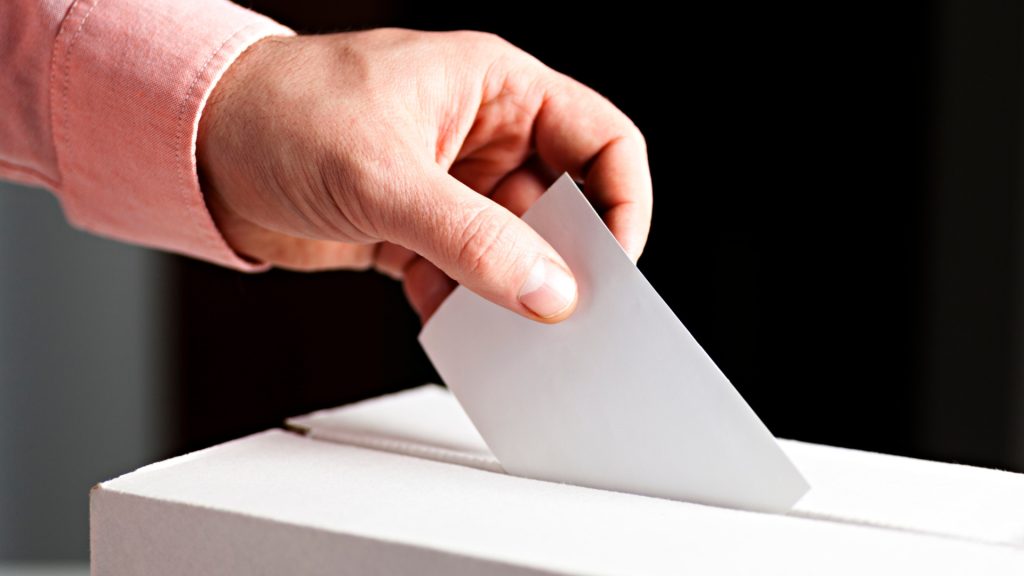
With the Minnesota House acting as the majority, there’s a good chance a bill like this passes in the House. Of course, only time will tell!

